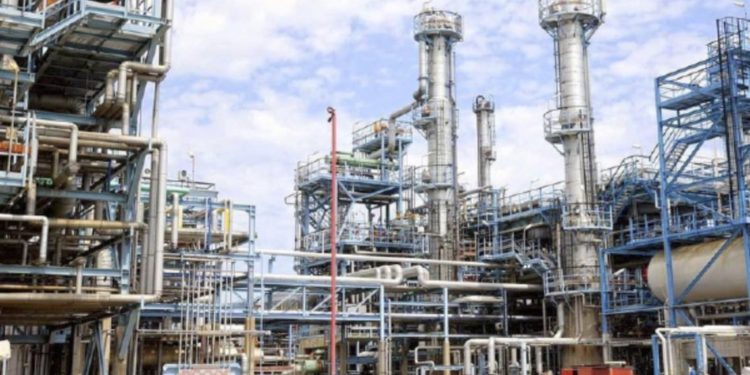Managing Partner, J.O. Adidi & Co, John Adidi, at the weekend, advised the Federal Government to ensure the promotion of domestic refining of the nation’s crude oil to avert further foreign exchange (forex) haemorrhage.
The huge cash spent yearly in sustaining the regime of fuel importation, according to him, would be freed and used to develop the much-needed critical infrastructure in the country.
“When we get our crude oil, we don’t refine, we send it raw only for us to bring in the refined products from another country almost thrice the price. By doing this, of course, we are creating more problems for the entire country,” he said.
Adidi, who spoke in a telephone interview, said being an oil producing country is not enough to avert recession because of the volatility of oil prices in the global market. He stressed that the country has no control over oil prices, but its share in the Organisation of Petroleum Exporting Countries’ (OPEC’s) daily production basket.
He urged the Federal Government to privatise the country’s refineries and seek clarity in the economic direction of the country, either capitalism or socialism. “You really cannot place the government’s real economic policy whether it is a capitalist or socialist oriented, and the international investors want to be sure where you are going, whether you are private sector driven so that they can come in and go out safely,” he said.
He warned that another economic recession might be inevitable if the unbridled appetite of the government for foreign loan is not checked because there has not been any significant increase in revenue.
Adidi lamented that liquidity for national development is getting lower, raising the risk that if things do not pick up very quickly through creative thinking, the country will be in for the worst.
According to him, the country would have faced another major economic challenge had the price of oil crashed to below $50 per barrel. He said although the ratio of borrowing to the nation’s gross domestic product (GDP) is lower than what it is in other African countries, but it shouldn’t be used as yardstick, arguing that the benchmark should be the country’s current revenue in terms of how it is being generated and how much of these monies are being used to service loans.
He lamented that the government spends about 60 per cent of its revenue on loan servicing while only 40 per cent goes for both capital and recurrent expenditures, which has very serious implications on the economy.
He advised the government to deploy the cash being borrowed in judicious use, especially building the critical infrastructure that will support private sector players and attract more investors into the country.











